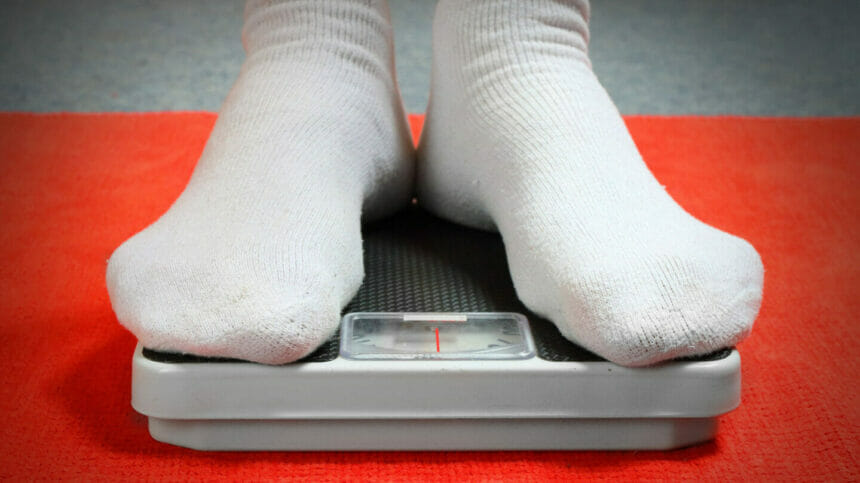
Patients who take cholesterol and blood pressure-lowering medications have a tendency to stop exercising and to put on weight.
That’s according to Finnish researchers, who surveyed 40,000 adults about their health habits and weight over four years. They used pharmacy data to determine who began taking statins or blood-pressure lowering drugs during the study period.
Compared to participants who did not start taking preventive medication, those who did were 8% more likely to become physically inactive. They were also 82% more likely to become obese or to have an increase in body mass index.
On the brighter side, these adults were also 26% more likely to quit smoking; they also often reduced their alcohol consumption. However, the former smokers’ weight gain could not be attributed to a common side effect of quitting, the researchers reported. Among all participants who stopped smoking, those who took preventive medications gained more weight than the cohort who did not take the medications.
Clinicians may want to keep these findings in mind when counseling patients who are starting a heart disease prevention regimen, said Maarit J. Korhonen, Ph.D., from the University of Turku.
“Medication shouldn’t be viewed as a free-pass to continue or start an unhealthy lifestyle,” she concluded.
The study was published Wednesday in the Journal of the American Heart Association.



